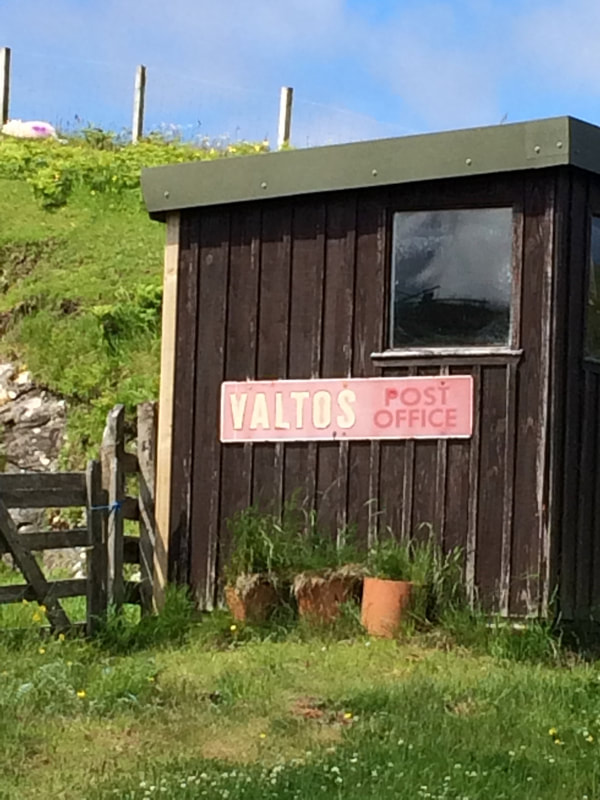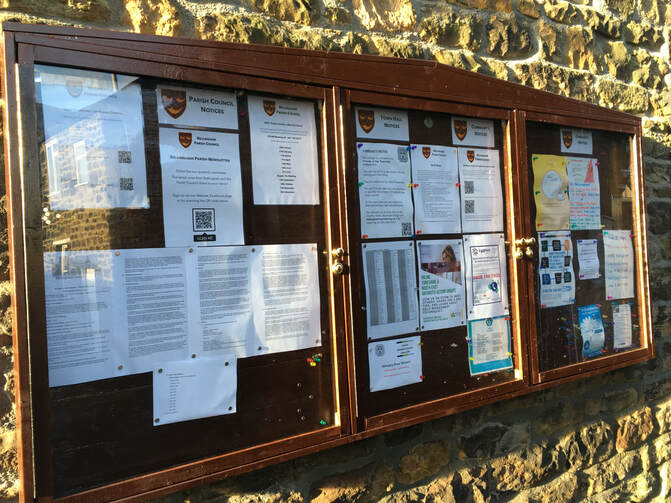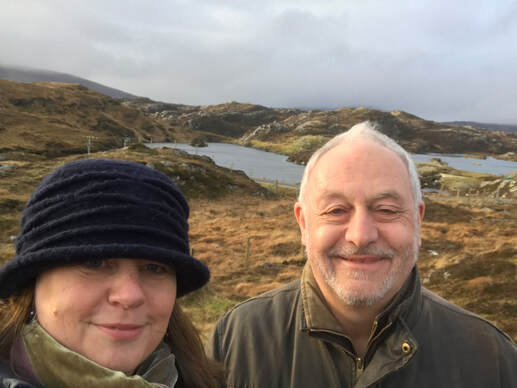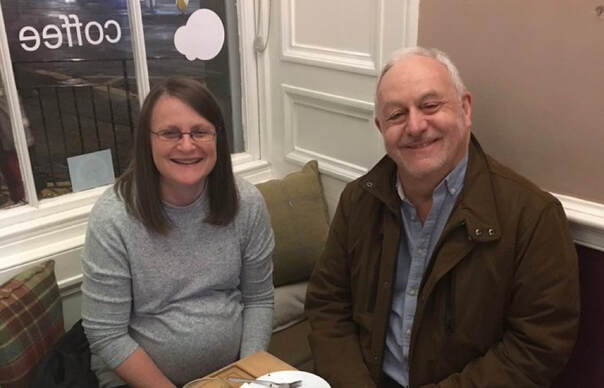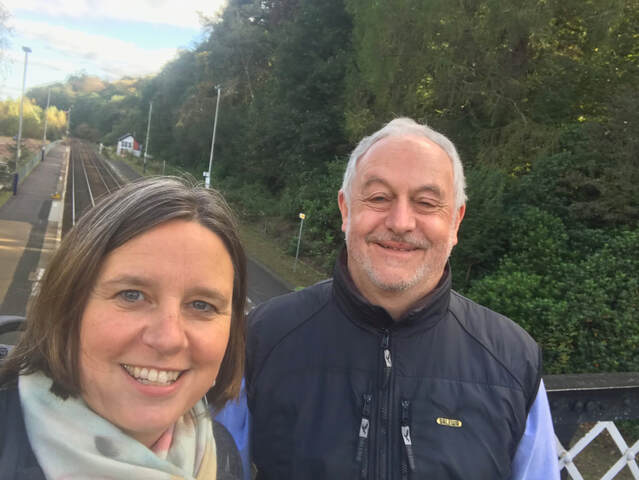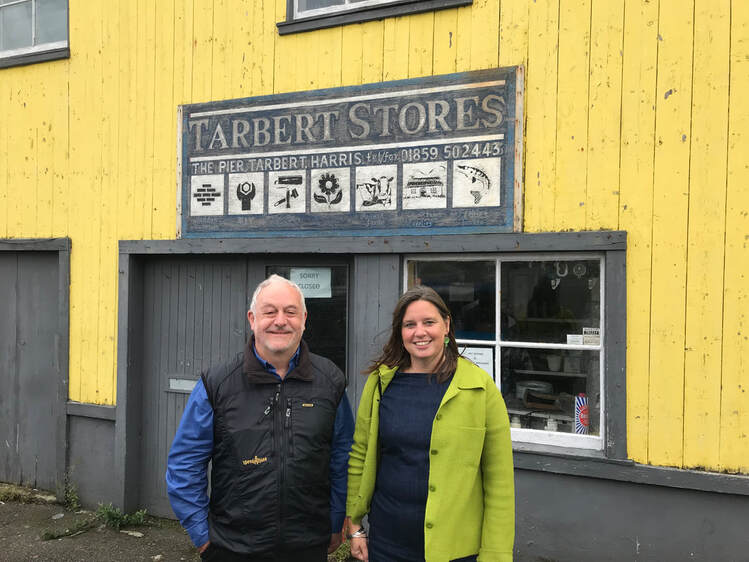|
The Rural Lives Final Report is now available
View the Rural Lives Final Report here. |
|
Registration open for our online events to discuss the findings of our Rural Lives work
We will be discussing the findings of our Rural Lives work at two free online events later this month, to coincide with the publication of the report “Rural Lives: Understanding Financial Hardship and Vulnerability in Rural Areas” . We hope that discussing our findings will help inform policies to improve wellbeing in rural areas. In order to book please click on the link(s) below. Event 1 (in Scotland), hosted by John Scott MSP: Monday 22nd March, 10-12am. The main findings and recommendations of the research will be summarised, with short responses from rural stakeholders and politicians from across the political parties. This will be followed by a panel discussion with Q&A. Confirmed speakers include: Aileen Campbell MSP (Cabinet Secretary for Communities and Local Government), John Scott MSP, Rhoda Grant MSP, Jamie Halcro-Johnston MSP, Mark Shucksmith, Polly Chapman, Dame Barbara Kelly, Vanessa Halhead (Scottish Rural Action), Calum Macleod (Community Land Scotland), Douglas White (Poverty & Inequality Commission) and Linda Hutton (Citizens Advice Scotland). More to be announced. https://www.eventbrite.co.uk/e/rural-lives-understanding-financial-wellbeing-in-rural-scotland-tickets-143956035377 Event 2 (in England), in partnership with the Rural Coalition: Tuesday 23rd March, 1-3pm Following an introduction from the Bishop of Sta Albans (President of the Rural Coalition), the main findings and recommendations of the research will be summarised, with short responses from rural stakeholders. This will be followed by a panel discussion with Q&A, chaired by Mubin Haq (Chief Executive of the Standard Life Foundation). Confirmed speakers include: Bishop of St Albans, Mubin Haq, Jayne Glass, Mark Shucksmith, Graham Biggs (RSN), Jeremy Leggett (ACRE), James Alcock (Plunkett Foundation), Claire Maxim (Arthur Rank Centre) and (tbc) Ellie Thompson (Trussell Trust). https://www.eventbrite.co.uk/e/rural-lives-understanding-financial-wellbeing-in-rural-england-tickets-143777553533 |
Rural Lives report near to completion.The Rural Lives team studying financial wellbeing and vulnerability of rural residents has now finished all the fieldwork and data analysis and are busy finalising their report. The main findings have been discussed with the Project Advisory Board and it is envisaged that this report will be ready for publication before Easter. Watch this space for updates on the publication date and launch events.
Rural Lives researchers hear how Covid-19 has affected residents of rural areas.Researchers from the Rural Lives project have been back (virtually) to all three of our study areas to hear how the Covid-19 pandemic has affected people. They were particularly interested to hear how this has affected people’s finances and livelihoods, and to hear about the sources of support for those hard hit in these difficult times. While many are struggling, there are also positive lessons emerging which will be drawn out in the Rural Lives report.
WP2 Analysis of Secondary Data publishedOn The Margins? Understanding financial hardship in rural areas. Working Paper 2 – Context Analysis.
This paper reviews data available at local authority level to provide a regional context for each of our 3 case studies (Harris, Perthshire, Northumberland). Key indicators are examined to understand employment and income data for each local authority area, as well as available information about access to services, housing affordability and fuel poverty. The paper also shows how income and employment deprivation vary within each local authority area. Read the paper here. Improvising during lockdownWe started fieldwork in Northumberland in March but after lockdown we had to change our plans and have been doing interviews by phone and Skype? Hoping to complete fieldwork by end of June.
Rural Lives team back from Harris after conducting more interviewsThe Rural Lives team were back on Harris conducting more interviews as part of their research project. They received lots of useful information and would like to thank all interviewees for their time and help.
|
The first working paper from the Rural Lives project has just been publishedIt is a review of the literature on Financial Hardship and Social Exclusion in Rural Britain - A review of existing evidence. Read it here.
|
The Rural Lives team have been in Edinburgh having discussions with the Scottish Government's rural communities team.In November, Jane and Mark (pictured below) from the Rural Lives team went to Edinburgh to chat to the Scottish Government's rural communities team. While in Edinburgh, Mark also attended a workshop on Rethinking Social Security in Scotland - organised by Standard Life Foundation and ippr - with keynote addresses from Cabinet Secretary Shirley-Anne Somerville MSP and Naomi Eisenstadt (SLF trustee).
|
The Rural Lives team are heading to PerthshireAt the start of October the Rural Lives team went to Blairgowrie, Coupar Angus and Perth as part of our Rural Lives research. Polly Chapman, Jayne Glass and Mark Schucksmith were there over four days exploring issues such as housing, employment and the impact of welfare reform.
|
New research to understand rural poverty in Britain
|
|
Newcastle University’s Centre for Rural Economy has been awarded a share of the first round of funding for work on tackling financial problems and improving living standards.
The Centre is one of five organisations that have been selected as part of the first round of funding from the Standard Life Foundation. The research team, which will be led by Professor of Planning, Mark Shucksmith, will investigate why and how people in rural areas experience and negotiate financial hardship. Over 18 months, the study will address a gap in knowledge about experiences and impacts of low income and financial vulnerability in rural Britain. It will also look into how external processes and individual circumstances contribute to this and make recommendations for how these could be addressed. The work, in partnership with Scotland’s Rural College and Impact Hub Inverness, will look at three areas: Harris and Perthshire in Scotland, and Northumberland. Professor Shucksmith said: |
Financial hardship and social exclusion affect many households in rural Britain, even though poverty is widely perceived as an urban problem. In this study we will investigate people’s experience of financial vulnerability in a range of rural contexts, and gain an understanding of the economic and social processes behind this. We hope this study will provide an evidence base for practical action to tackle poverty and exclusion in rural Britain. |
|
Mubin Haq, Chief Executive of Standard Life Foundation, said:
|
We are delighted to embark on these new partnerships. Covering a diverse range of topics, the breadth of issues we are funding demonstrates that there are many ways to address financial problems and improve living standards. Together these projects have the potential to contribute to real strategic change for people on low-to-middle incomes. |
|
The Foundation expects to make a further £1.5m in grants in 2019.
|
